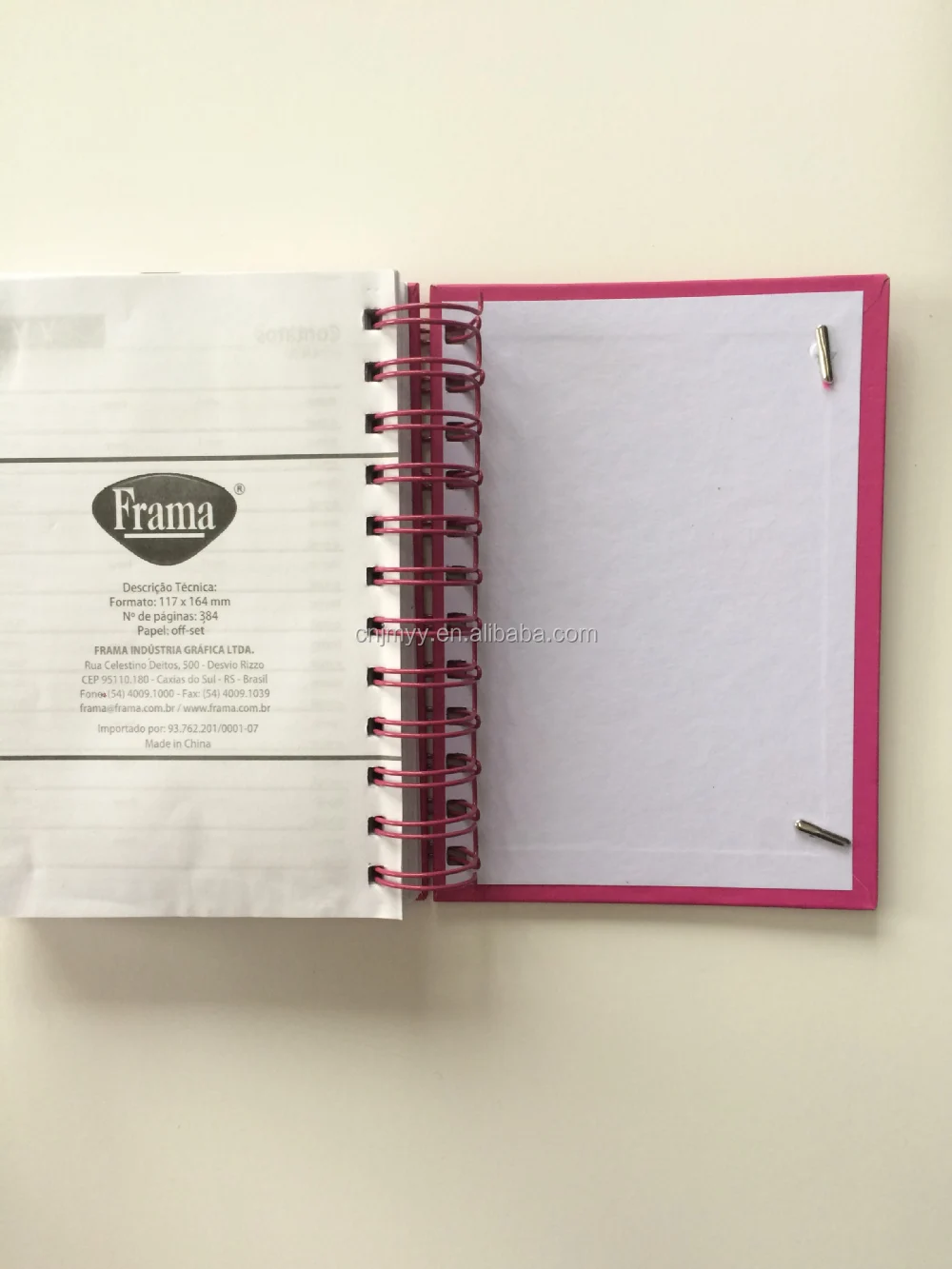



Shortly before his death in 1980 at the age of eighty-nine, the old man finally showed his most prized possession to his grandson (his only son having preceded him in death), confessing that his delight in it had always been tempered by a nagging guilt and asking that the young man now attempt to atone for his grandfather’s sin. Even his family never knew of its existence. Finally, having brushed away the light taps of conscience, he hid the book at the back of an oak chest in his bedroom, from which he would draw it out periodically over the course of the next sixty-four years until he had virtually memorized its contents. He convinced himself that in his new role he was no longer obliged to give up the diary. But as he read, he fell more and more deeply under the poet’s spell and began to imagine that he was her confidant. He told himself that after he had read and savored every page, he would turn the diary over to someone who would know how to best share it with the public. Both electrified and terrified by the discovery, he hid the book in his lunch bucket until the workday ended and then took it home. It happened that this carpenter was a lover of poetry- and hers in particular- and when he opened the little book and realized that that he had found her diary, he was “seized with a violent trembling,” as he later told his grandson. By this time Emily Dickinson was a household name in Amherst. As the walls of the now crumbling wall were being torn down, one of the workmen chanced upon a small leatherbound book that had apparently been concealed behind a loose brick or in a crevice in the wall. “ The following year the house was substantially remodeled, and the conservatory removed.


 0 kommentar(er)
0 kommentar(er)
